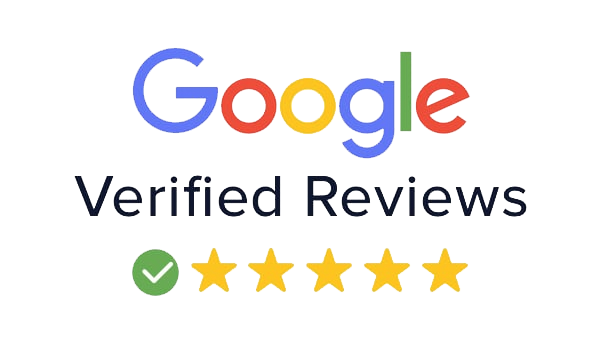Yes, You Do Have an Estate and You Do Need an Estate Plan
What many don’t understand is that they do actually have an estate, and if all of its parts are added up, people have more assets than they think, says Federal News Network’s article “Your bigger-than-you-think estate.”
The downside is that many don’t realize that this is the case, until after a loved one dies. When that happens, as it inevitably will, it’s far better to have planned for this eventuality than letting the courts, relatives, the IRS or the state decide what to do with what you possessed.
The trick is figuring out what you own and determining how you want it to be distributed after you die.
Someone who has worked all their life, has money saved in a 401(k) or other types of retirement accounts and owns a home that they bought in the 1980s or 1990s or even more recently, usually has a bigger-than-they-think amount of assets accumulated. Another, often overlooked thought, is that you might be worth more in death than in life. Every year there are thousands of Wrongful death lawsuits filed in the US. Many of these cases result in very large settlements or jury awards . I was personally involved in one where a young girl, who had minimal assets during life, was worth $2 million after death because of a product liability cause of action. This after-death money resulted in a lawsuit that took years to settle, resulting in hundreds of thousands of dollars in legal fees — all because she didn’t have an estate plan because she didn’t think she had an estate.
So how do you begin? Start with this checklist:
Are your beneficiary designations up to date? Your beneficiary designations ALWAYS supersede your will. Some of your largest assets are not controlled by your will, but by beneficiary designations. For federal employees, this includes the Thrift Savings Plan (TSP) and Federal Employees’ Group Life Insurance (FEGLI), and any other life insurance policies. Do you want your beneficiary to be a surviving spouse? Children?
Is your will up to date? How about any trusts? Most people have their wills done and then forget about them. That’s always a big mistake. We experience changes in life, and our wills need to reflect those changes. The laws and legal strategies are also always changing and your plan needs to keep up with these changes. If the people you named as executors thirty or ten years ago have died, did you have a successor executor named? Are they still alive, or are they still the person you want to execute your will? Make sure you also consider your children and their circumstances. If you have a child with special needs in your family, or if a child of yours is going through a divorce or likely to go through a divorce in the future, an estate planning attorney will be able to help you plan for their situation.
Are your financial and medical directives in place? Making plans for incapacity is as much a part of estate planning as your will. If you became ill or injured and could not make decisions for yourself, do you have the documents that will allow someone else to do so on your behalf?
An estate planning attorney can work with you on all these matters, so you can relax and enjoy your retirement. Don’t procrastinate—this task can be done before the year is out, if you start soon.
Reference: Federal News Network (October 2, 2019) “Your bigger-than-you-think estate.”


